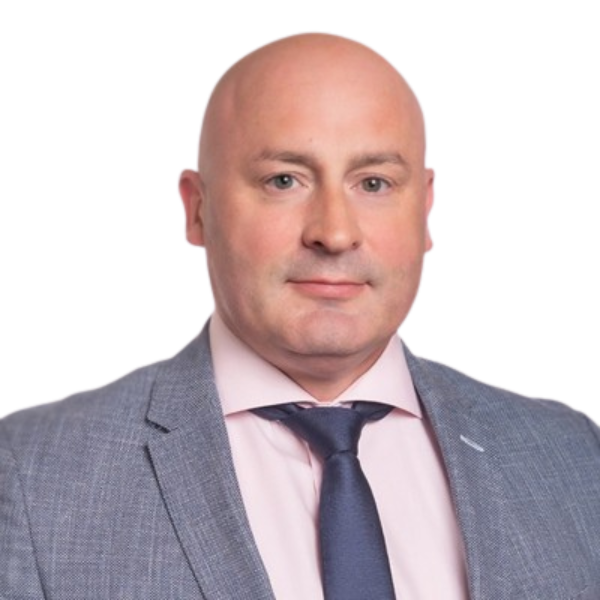2018 marks the 25th anniversary of West Coast Casualty’s annual Construction Defect Seminar. This year, one standout panel featured some of the industry’s top professionals discussing the “Effective Use of Experts” in the context of today’s construction defect disputes. The panel included Adrienne Cohen, Esq., Hon. Rex Heeseman (Ret.), Ken Kasdan, Esq., Joyia Greenfield, Esq., Denise Anderson, Esq., and Tim Fitzpatrick.
Below are some key takeaways from the presentation.
Expert Selection
One of the more difficult decisions that counsel must make in a construction defect claim is whom to designate to provide expert witness testimony to bolster the clients’ position in the dispute.
Ken Kasdan, who typically represents owner interests, recommended that experts be retained immediately upon taking on a matter, but how much work is performed by the expert(s) initially should be balanced with economic realities.
Investigation Considerations
Oftentimes, defense experts only have summary-level documentation of alleged issues, hampering the defense’s ability to properly evaluate the case. From a strategic standpoint, information is only shared with opposing parties on an as-needed basis. This includes access to the property, detailed defect lists, plans (where relevant), reports, and analysis (when appropriate), but not the full notes and photos upon which the work product is based.
Destructive testing remains an expensive, yet ultimately necessary, cost for nearly every construction defect matter. In a rare glimpse of the strategy of seasoned plaintiff counsel, it was revealed that quite often destructive testing is undertaken prior to even filing the case. This tactic has the benefit of providing a fairly accurate assessment of the “value” of a given case (what is the expected per-home/ per-unit cost of repair at mediation or trial based on the types and extent of defect-related damage observed) while limiting the risk exposure of the plaintiff firm in the event that there isn’t significant resultant damage triggering coverage associated with the observed defects.
Regardless of when destructive testing is performed, extrapolation of the findings is virtually guaranteed. Based on the panel discussion, one might get the impression that extrapolation is a four-letter word. Besides “mold” (an actual four-letter word), few topics have generated so much controversy and debate in the construction defect industry. The reason extrapolation is such a sticky issue comes down to a sloppy application of sound statistical practices. The consensus was that if extrapolation will play a significant role in your defect case, make sure to designate an appropriately qualified statistician to assist in the process.
Leaving extrapolation up to triers of fact is an extremely risky proposition. Retired Judge Heeseman said, “Judges aren’t good at math and juries hate statistics.” We no longer live in the go-go era of 1990s construction defect litigation, so don’t expect many people to accept that testing five windows out of 1,400 leads to any reasonable conclusion.
The Experts’ Role in Mediation
Should the experts of opposing parties meet? According to Kasdan, not without counsel present.
As far as actually attending and participating in mediation, the panel felt experts could be helpful, but that it needs to be determined on a case by case basis. Another factor to consider is whether or not the mediation is a fact-finding mission as opposed to a true attempt at resolving a case. That said, having technical experts present can be extremely helpful for educating the mediator on novel issues. The same is true when it comes to insurance carrier representatives.
Another point made was that even though mediation is not a trial, there can be a strategic benefit to introducing a little “shock and awe” through demonstrative exhibits. However, too many pictures or data points and too much jargon can definitely fatigue even the most accommodating mediators.
In terms of expert reports and work product, Tim Fitzpatrick, representing the voice of the expert, said that without reports from opposing experts, it is difficult to prepare for arbitration or trial. Except for federal jurisdictions, where expert reports are required to be produced in advance of testimony, the panelists agreed that expert reports should never be produced in the context of mediation. Kasdan argued that a report produced by his retained experts would create a road map for the defense, resulting in “very little upside, but a lot of downside.”
Effective Expert Depositions
Perhaps one of the most important considerations for counsel in advance of their designated experts’ deposition is the preparation of the notice of designation itself. The timeline for doing so is often articulated by the Case Management Order (CMO). Joyia Greenfield stated that drafting a designation is a fine art. Kasdan said that while the expert designation is indeed a very important document, too often it is left to the last minute. The challenge is to craft a designation that avoids overlap but still allows for flexibility down the road.
What does a defense expert want to know before deposition? Fitzpatrick explained that he ideally wants to see the opposing experts’ entire job file so that the underlying evidence foundational to the opinions expressed can be fully evaluated. He added that defense experts need to have an adequate scope of repair, with a licensed and bonded contractor ready and able to perform those repairs.
In terms of preparing for the opposing expert deposition, Kasdan said that he isn’t too concerned with the experts’ background. However, he is extremely concerned with the foundation of that expert’s opinion. By focusing on this, Kasdan claims to have done numerous half-day depositions of experts and has even finished expert depositions in as little as one hour, resulting in substantial cost savings for his clients.
Conclusions
For Attorneys:
- Don’t wait until the last minute to craft your designation, and always make sure your expert is involved in the process of refining the scope of designation.
- Be very careful when your experts base their opinions on extrapolation. The safest bet is to bring in a statistician to provide guidance.
- Take time to select the right expert for your case, but not too much time. The sooner your expert is engaged, the sooner you can rely upon their expertise to help you get the best results for your client.
For Construction Experts:
- Don’t count on receiving much work product and supporting field notes/photos from opposing experts. It just isn’t in the other side’s best interest to produce that information.
- Knowing that your own work product may not see the light of day, make sure to adequately explain your position and the facts foundational to your opinions.
- If you don’t have a strong background in statistics, do not base your opinion on extrapolation unless a relevant expert on the subject can also be designated.
This article was originally published by Xpera Group which is now part of The Vertex Companies, LLC.



